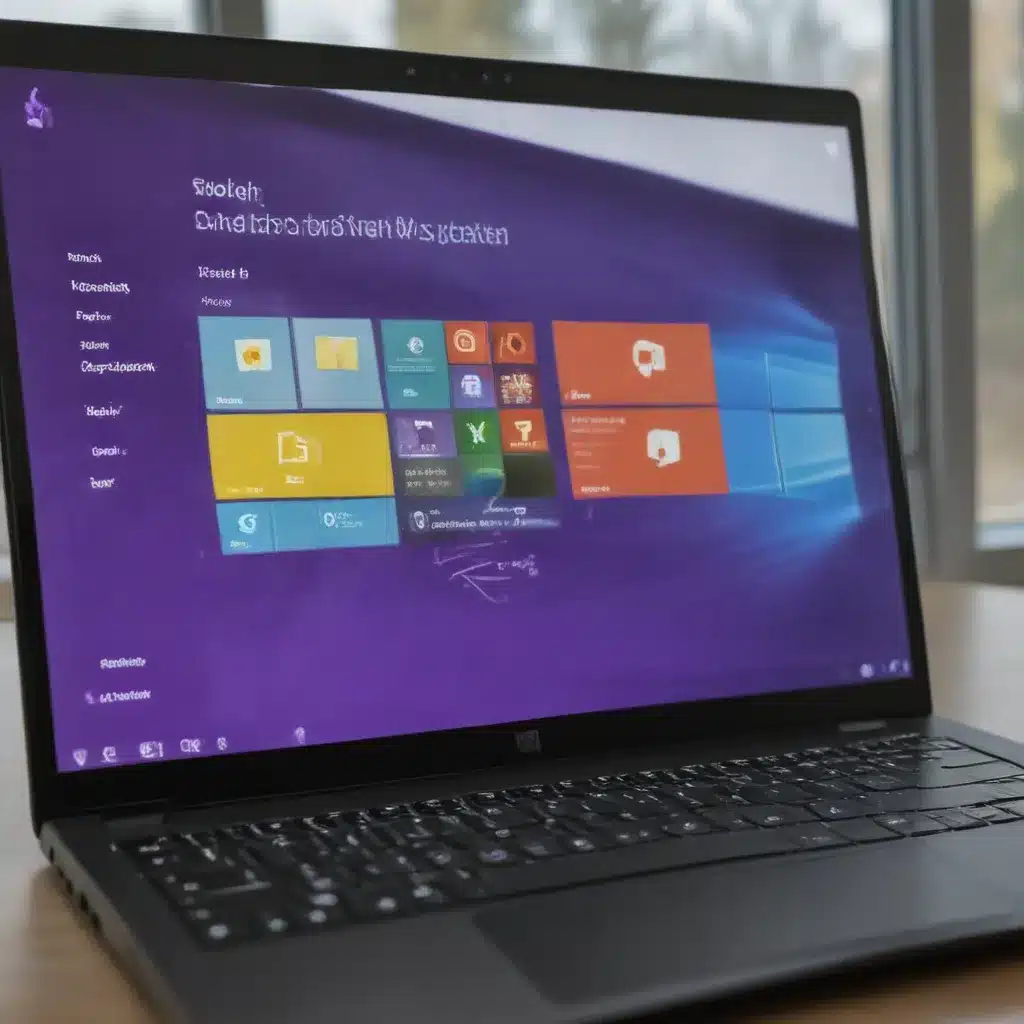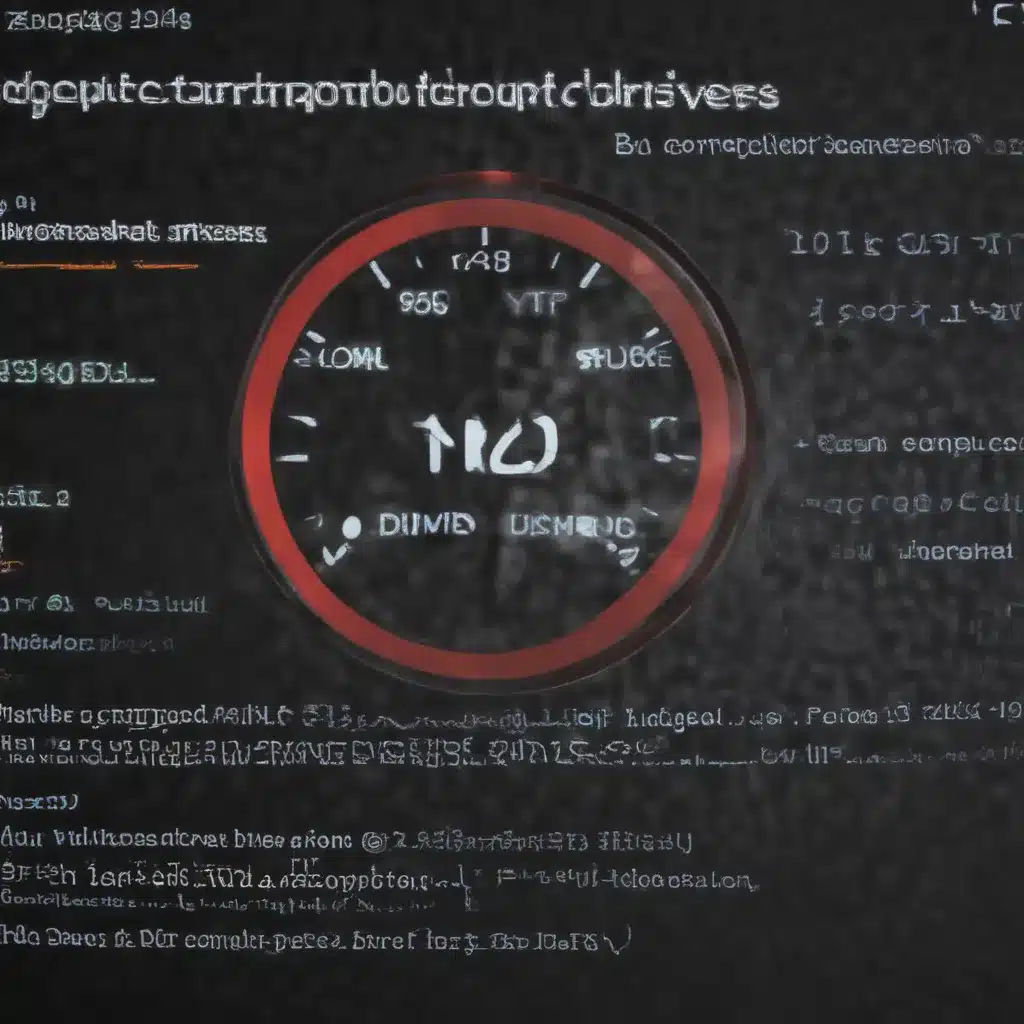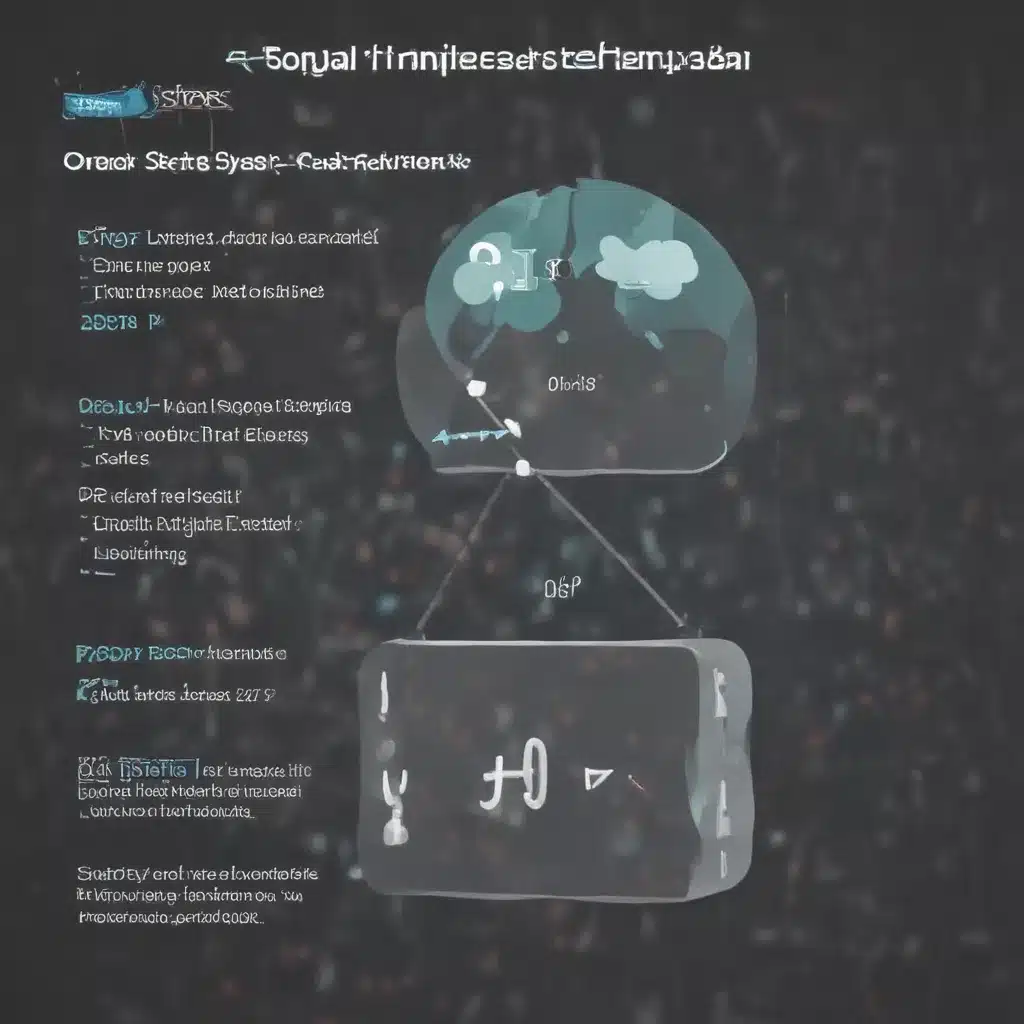The rollout of 5G mobile networks is having a profound impact on computing and connectivity in Britain. As one of the first countries to adopt 5G on a large scale, Britain is seeing changes across many industries and aspects of daily life.
Faster Speeds Enabling New Applications
One of the most obvious impacts is much faster mobile internet speeds. 5G can offer speeds over 10 times faster than existing 4G networks, with average download speeds of around 150-200 Mbps. This enables new applications and experiences:
- Cloud gaming services like Google Stadia can stream high fidelity games on the go, without lag or interruptions. This could revolutionize mobile gaming.
- Augmented and virtual reality apps benefit from faster speeds plus lower latency. Complex 3D/VR environments can be accessed from anywhere.
- Video streaming at up to 8K resolution is possible, for incredibly detailed image quality.
- Smart cities can deploy thousands of connected sensors and devices to monitor traffic, infrastructure, energy use and more in real-time.
Connecting More Devices to the Internet of Things
5G’s greater bandwidth, speed and connectivity also facilitates the expansion of the Internet of Things (IoT). IoT means connecting everyday objects like cars, machines, appliances and manufacturing equipment to the internet via embedded sensors.
With 5G, smarter homes, offices, factories and cities can deploy tens of thousands of networked devices in a small area. Possible IoT applications using 5G include:
- Autonomous vehicles – Self-driving cars need to transmit huge amounts of sensor data in real-time over 5G for navigation and decision making.
- Smart infrastructure like bridges and railways get embedded sensors to monitor structural integrity and performance.
- Industrial automation – Factories have machines and robots all transmitting sensor data and being controlled in real-time over 5G. This enables greater automation and AI integration.
Enabling New Industrial Applications
5G is allowing British industries to transform operations with new applications and business models:
Manufacturing
- Automated guided vehicles (AGVs) in factories can be controlled wirelessly in real-time over 5G instead of wired connections. This allows more flexible manufacturing.
- AR headsets utilise 5G to overlay drawings, instructions and more onto workers’ field of view for assisted production and maintenance.
Healthcare
- Robotic surgery can be performed remotely over 5G networks by surgeons in different locations, expanding access to expert care.
- Wearable devices and sensors continuously monitor patient vitals and stream data to doctors. AI assists in early diagnosis and prevention.
Retail
- Stores can deploy millions of IoT sensors to monitor inventory, product placement, foot traffic patterns, environment conditions and more in real-time. This allows better planning and sales.
- In-store AR/VR experiences utilise 5G connectivity for immersive shopping experiences.
Media & Entertainment
- Cloud gaming services like Google Stadia provide high fidelity mobile gaming anywhere with 5G.
- Augmented and virtual reality experiences of live concerts and events can be streamed in real-time for at-home viewing.
Challenges With the 5G Transition
However, there are also challenges involved in the transition to 5G in Britain:
- Patchy coverage – While areas like central London have extensive 5G coverage, other smaller towns and rural areas are lagging behind.
- Cybersecurity risks with so many connected devices and networks means greater vulnerability to hacking.
- Health concerns over greater radiation from 5G cell towers are still being researched and debated.
- High costs of infrastrucure rollout may impact consumer pricing and access.
The potential of 5G for computing and connectivity in Britain is still to be fully realized and will evolve over the next decade. While the technology brings promise, managing a smooth and inclusive transition remains crucial.













